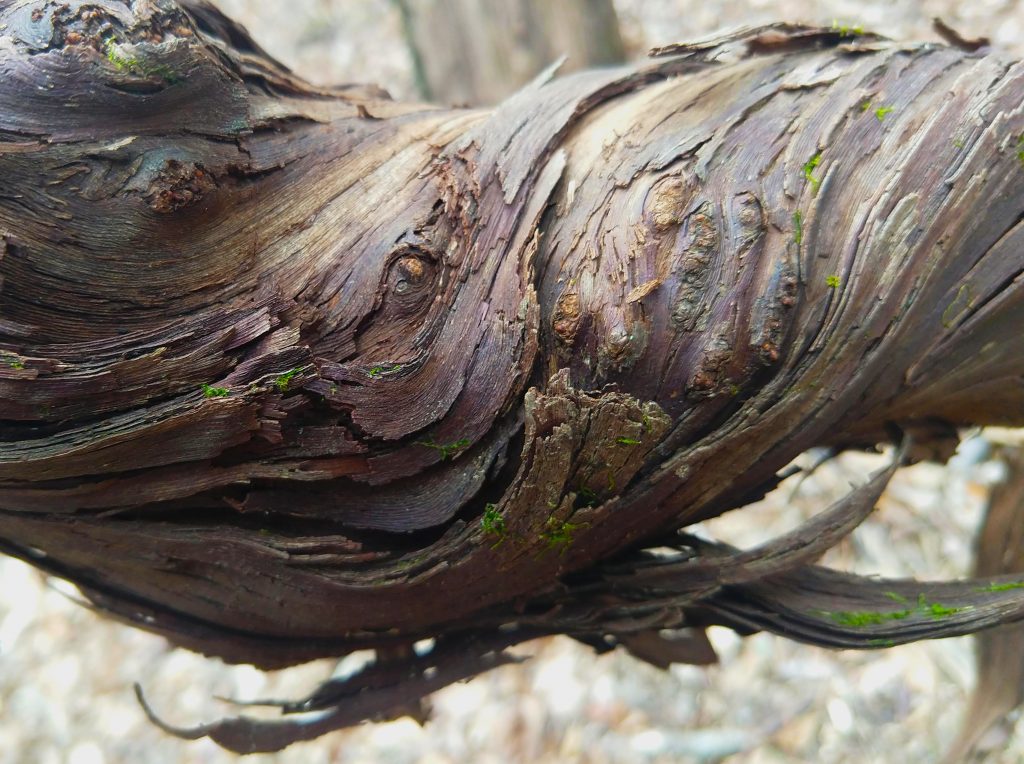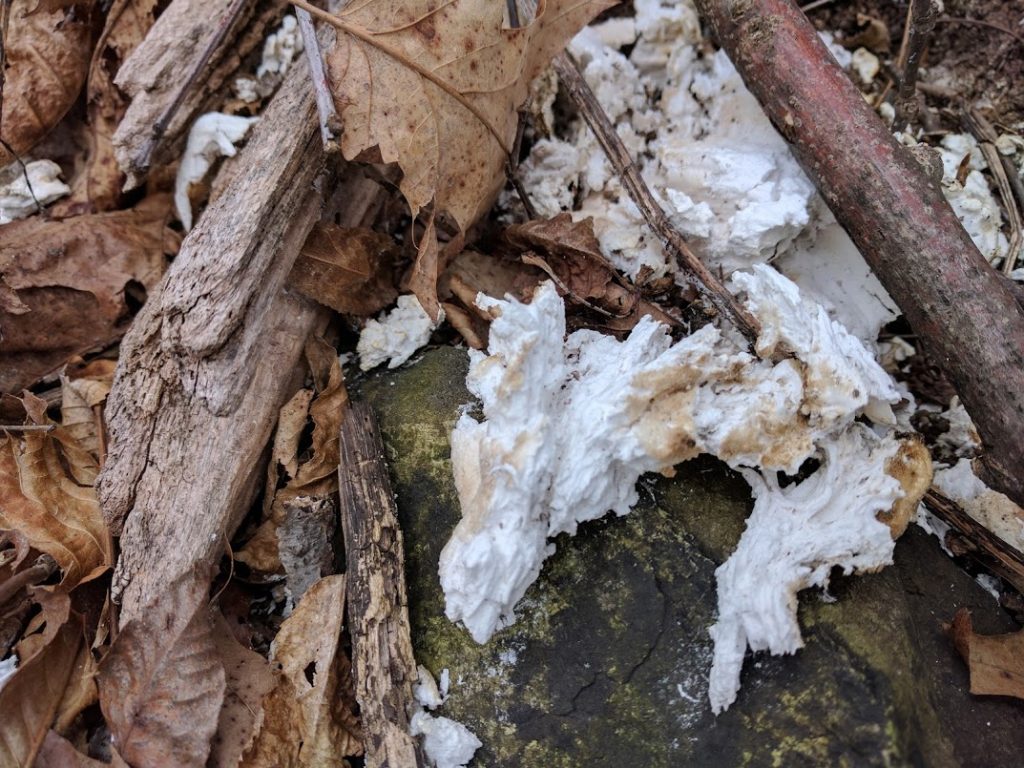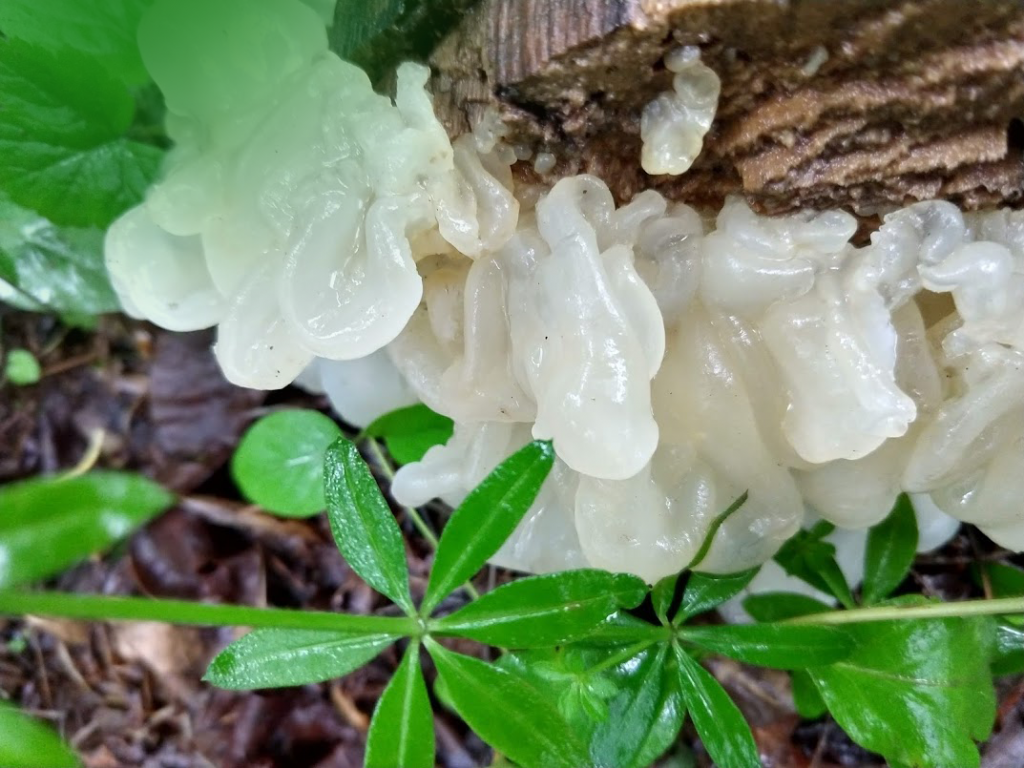multidisciplinary collaboration, experiential learning, interdisciplinary questions
In the classroom, I draw on my experience as a professional communicator, challenging students to pursue the insights that emerge from expressing the methodological, conceptual, and rhetorical norms of their disciplinary, professional, and cultural discourse communities. My students develop learn from, challenge, and collaborate with others whose training and background differs from their own. They practice asking questions that lead them towards answers that they challenge their preconceptions. They examine the intersections between climate change and culture, participate in multidisciplinary seminars focused on individually-designed research and creative projects, and engage with their communities through experiential learning.

HNRS 131 Responses to climate change
How are we responding to climate change? What responses are we planning? How might we respond in the future? Who is this “we” anyway? The answers to these questions are vital: climate change is reshaping patterns of migration, impacting human health, changing the availability and cost of necessities like water and food, increasing the frequency or severity of natural disasters, causing sea-level rise and coastal flooding, and more. These impacts are projected to intensify in the coming years. However, because many of the activities that contribute most to climate change are deeply interwoven with our cultures, political systems, and economies, action is complicated and fraught. In this class, students read about and discuss a range of different kinds of responses to climate change, how groups and institutions can be mobilized to respond, and what causes inaction.
Syllabus (Fall 2022)
Practices, Policies, and Support (Fall 2022)
Selected assignments forthcoming

HNRS 360 Energy and Culture Research Seminar
How do energy and culture intersect? What does this imply for transitioning off of fossil fuels? Students learn techniques for studying the processes of production, dissemination and circulation, and consumption and reception. They critically evaluate the waste, byproducts, and unintended consequences of energy-intensive cultural practices and artifacts. They consider the identities and subjectivities that emerge in relation to these processes. In small groups, students select a shared topic to investigate, then each student individually designs a research project investigating a distinct aspect of that topic.
Syllabus (Fall 2021) and Syllabus (Fall 2019)
Schedule (Fall 2021) and Schedule (Fall 2019)
Selected assignments forthcoming

HNRS 360/361/410-411 Multidisciplinary Research and Creative Projects Seminar
Each student develops a research or creative project of their own design while pursuing the insights that emerge from consideration of research and creative practices of peers, who have different disciplinary training, professional paths, and interests from their own.
Syllabus (Spring 2023) and Syllabus (Spring 2022)
Schedule (Spring 2023) and Schedule (Spring 2022)
Selected assignments forthcoming